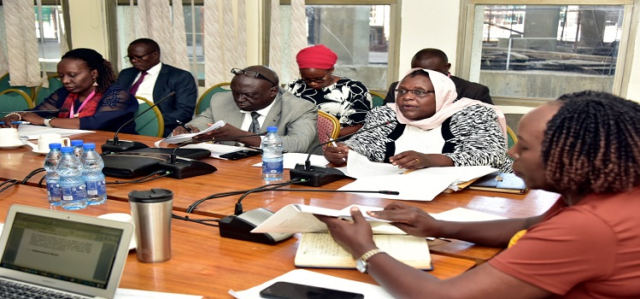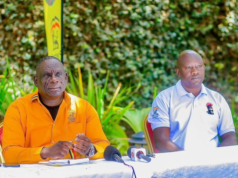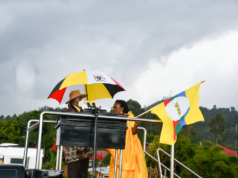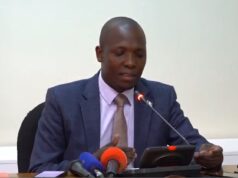
The Equal Opportunities Commission (EOC) has called for a comprehensive review of the proposed rationalisation of special interest groups arguing that the decision was made hastily.
Led by the chairperson, Hon. Safia Nalule, the commission asserts that the move is likely to ‘backfire’ and not achieve the desired efficiency and reduction in public expenditure, owing to the nature of consultations.
“Government should revisit the policy on rationalisation. Whom did they consult, did they get our feelings? The policy should be comprehensive covering not only small entities. They have focused on small entities with small budgets leaving out those with big budgets,” said Nalule.
Nalule made the plea while appearing before the Committee on Gender, Labour and Social Development on Wednesday, 18 October 2023.
The commission was responding to a petition by the National Youth Council (NYC) that seeks to challenge the merger of secretariats of all special interest groups.
She said that the commission is against the merger on the basis of the demographic composition of youths, who form 73 per cent of the population as per the 2022 Uganda Bureau of Statistics (UBOS) report.
“This is a huge demographic justification for the councils of the youth to be retained and not merged with any other. Besides it is wrong to assume that interests of the special interest groups are homogenous and therefore, can be bundled together,” said Nalule.
Nalule argued that the cost of not having youth councils might be more than the amount government hopes to save.
“The Shs2 billion cannot be compared to what the country will lose when the current 753,405 office bearers in the youth council are laid off, disenfranchised and disoriented,” Nalule said.
She observed that the historical events that led to the establishment of youth council such as inclusion of youth in governance and elimination of injustices against youth still exist. She thus asked the committee to process the NYC petition considering not only the money to be saved but also the social, cultural, political and economic benefit.
Mary Wasagali, a commission member noted that youths remain a unique group with distinctive needs as compared to the elderly, People with Disabilities that are yet to be merged into one group.
“Imagine putting youth with the elderly; they have different characters, feelings and thoughts. How are you going to bring them together to push for a common goal?” asked Wasagali.
The Committee Chairperson, Hon. Flavia Kabahenda said the committee also wondered whether the 2021 cabinet decision was taken with adequate knowledge of the likely outcome.
“I do not know how much consultation was made; everybody knows what the youth mean both negatively and positively. This is likely to be a backlash; we do not want a youth quake,” Kabahenda said.
Kabahenda said that several governments come to Uganda to benchmark on the inclusion of special interest groups. She criticized the plan to do away with what she termed as ‘best practices’.
She advised the EOC to invest in public awareness and education on the role of the commission, cognizant that there is little appreciation to matters of equity and inclusion even at cabinet level.
Hon. Harold Muhindo (FDC, Bukonzo County East) was also in disagreement with the merger and proposed that government should rather strengthen the youth councils.
“We are still having the young population as the dominant people. I feel for government; it seems they are shying away from carrying a heavy load. Ideally, we should be focusing on how to rejuvenate the council,” Muhindo said.






